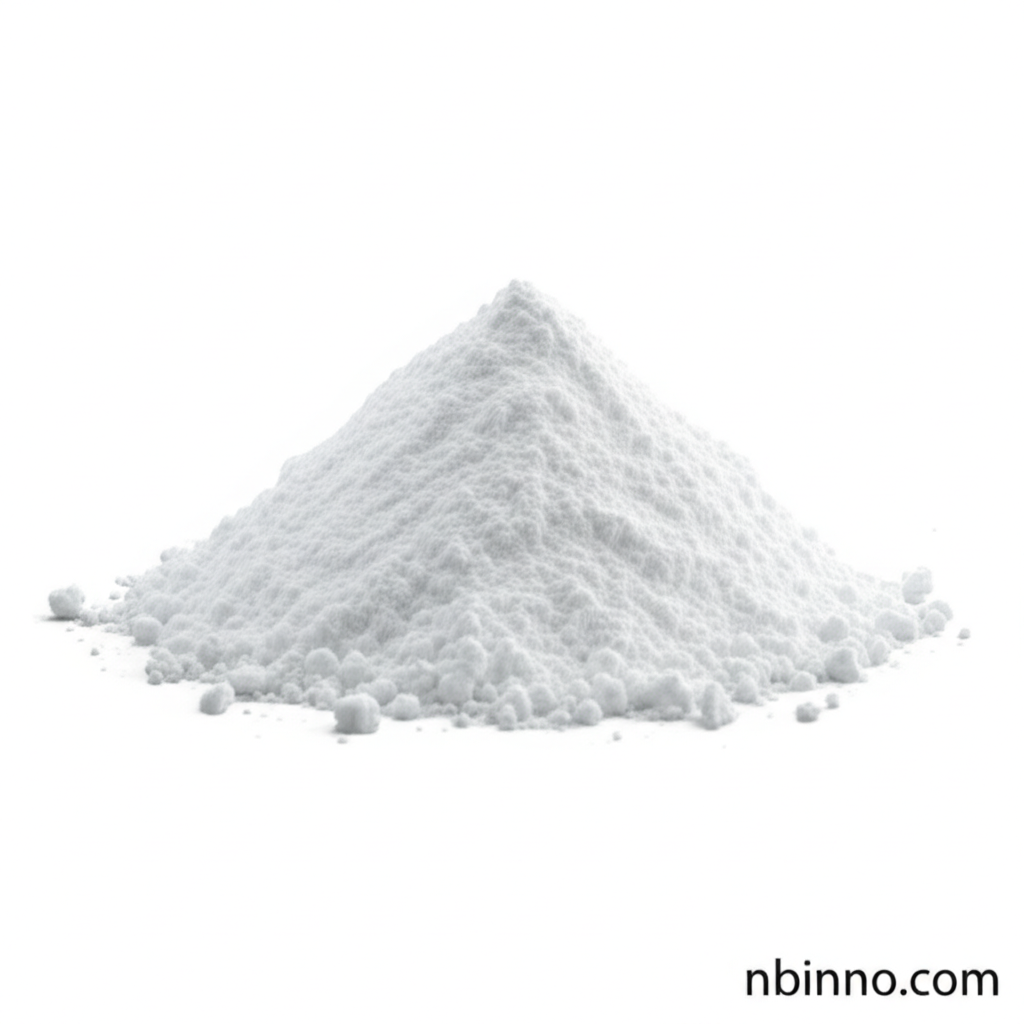Bacitracin Methylene Disalicylate: Enhancing Animal Health and Growth
Discover the benefits of this key feed additive for improved animal performance and gut health.
Get a Quote & SampleProduct Core Value

Bacitracin Methylene Disalicylate
Bacitracin Methylene Disalicylate (BMD) is a vital feed additive that enhances animal growth and overall health. Produced through the fermentation of Bacillus licheniformis, it plays a crucial role in promoting animal growth and improving feed efficiency by maintaining gut health.
- Promote animal growth and improve feed conversion rate, leveraging its ability to enhance intestinal villi surface area for better nutrient absorption.
- Maintain intestinal health and reduce the occurrence of loose stools, effectively preventing and treating intestinal infections that can lead to diarrhea.
- As a narrow spectrum antimicrobial, it shows minimal cross-resistance with other antibiotics and is considered environmentally safe due to its rapid degradation.
- Its efficacy in preventing and controlling clostridial enteritis makes it a valuable component in swine and poultry feed formulations.
Product Advantages
Growth Promotion
Bacitracin Methylene Disalicylate significantly contributes to improved animal growth and feed efficiency, a key factor in optimizing livestock production.
Gut Health Support
Its targeted action helps prevent and treat intestinal diseases, such as necrotic enteritis caused by Clostridium perfringens, promoting a healthier gut environment.
Reduced Resistance Risk
With a narrow spectrum of activity and no known cross-resistance, it offers a sustainable solution with a minimal risk of developing antimicrobial resistance.
Key Applications
Swine Nutrition
In swine feed, BMD is crucial for preventing clostridial enteritis and improving overall growth performance.
Poultry Health
For poultry, it aids in the prevention of necrotic enteritis and enhances weight gain and feed conversion efficiency.
Veterinary Medicine
As a recognized veterinary antibiotic, it's widely used to maintain intestinal health and control Gram-positive bacterial infections.
Feed Efficiency Improvement
By ensuring better nutrient absorption and digestibility, it plays a significant role in improving feed efficiency across various livestock.
